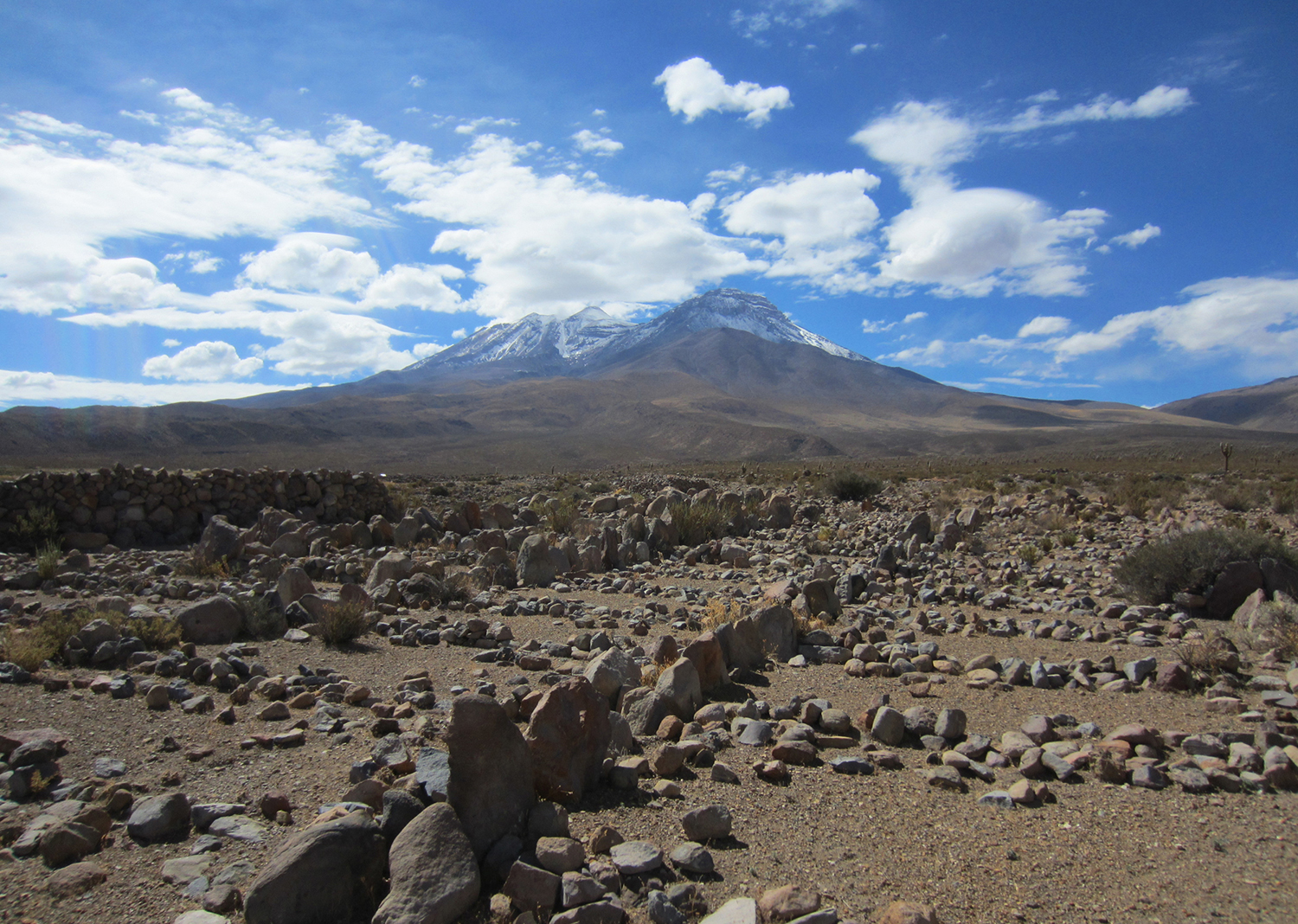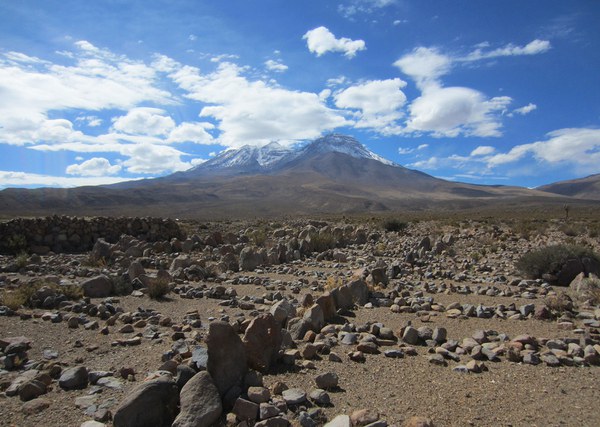Late Intermediate Period (ca. 950–1400 CE) farmers in the high-altitude, hyperarid Atacama Desert of northern Chile sustained their communities by carefully managing land, water, and flocks and by maintaining good relations with powerful, tutelary earth beings (wak’as). When the Inka entered this area in the early fifteenth century, they took over the region’s productive copper mines, built roads and state installations, and reconfigured agriculture. This collaborative project, which focuses on sites between the upper Loa and Salado Rivers, investigates farming in this seemingly marginal environment. The speakers also explore how agriculture and social relations (between people, and between people and wak’as) were transformed by Inka intervention in access to water and copper minerals, two resources around which life in this region revolved in the past as in the present. A focus on these two substances helps us understand local organization and transformations under Inka rule and, at the same time, requires us to rethink purely economic explanations for imperial incorporation and actions.
Frances Hayashida is professor of anthropology and Director of the Latin American and Iberian Institute at the University of New Mexico. Throughout much of her career, she has studied late prehispanic political economy and ecology in desert regions of the Andes, first in Lambayeque on the north coast of Peru and, more recently, in the high-altitude Atacama of northern Chile. In Chile, she codirects an interdisciplinary, international collaborative project with presentation coauthors Diego Salazar and Andrés Troncoso (University of Chile) and César Parcero-Oubiña (Spanish National Research Council). Together with Profs. Salazar and Troncoso, she coedited Rethinking the Inka: Community, Landscape and Empire in the Southern Andes, which highlights the theoretically innovative and empirically rich research of South American scholars on the Inka in Qullasuyu. This volume, which originated in a workshop in Chile sponsored by Dumbarton Oaks, will be available from the University of Texas Press in February 2022.

